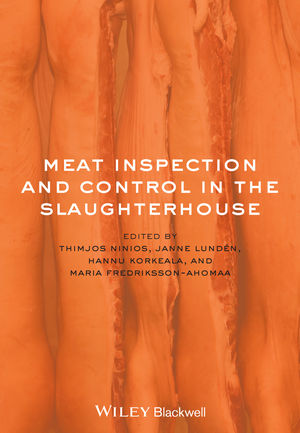2023 recalls: A first-quarter snapshot

For more than 20 years, we have been closely tracking food product recalls and outbreaks. Over this period, numerous patterns and trends have emerged, creating new challenges and new opportunities for science and industry. Notably, as the decades have passed, we have watched in awe as industry has worked tirelessly to ensure that, with each passing year, our national meat and poultry supply becomes more safe.
As we look back at the recalls and outbreaks which have occurred over the past three decades, there have been both good and bad years. And, now, as we look back on the first full quarter of 2023, we can assess the recall data to see how industry is currently doing, and to predict how, from a food safety standpoint, the year may ultimately end.
By way of context, in 2022, there were 42 recalls of USDA-regulated products. Of those, 22 involved undeclared allergens, eight involved pathogens, and nine involved foreign materials. Considering that these are agricultural products, of which meat alone totaled 53 billion pounds, the fact that there were only 42 recalls is quite impressive.
How about this year? So far, 2023 looks pretty similar to 2022. In the first three months of 2023, we have had only 11 total recalls, up from eight during the same period in 2022. Of those, two have involved potential pathogens, three involved allergens, and one involved foreign material. If we linearly project those numbers out to the end of the year, that will result in a net reduction of allergen and foreign material-related recalls, and would tie last year's pathogen-related recalls. Again, when we are talking about the production of billions of pounds of products, these numbers are really extraordinary.
By contrast, in 2019, there were 124 recalls of USDA-regulated products. Based on a linear projection of 44 total recalls this year, that marks a precipitous drop in only four years. While the number of annual recalls has varied significantly and unpredictably over the last 20 years, there has nonetheless been a clear downward trend, especially during the past few years. That downward trend is all the more impressive when we consider the improvements in our ability to identify, track, and trace food safety issues, and foodborne illness outbreaks in particular.
Ultimately, the consistent, year-over-year decline in the number of recalls suggests that the efforts of industry to enhance safety are working exceptionally well. While it is unlikely we will ever be able to eradicate pathogens and, by extension, foodborne illness, completely, the progress we have made is nevertheless a marvel of human ingenuity.
Keep up the great work, and let's see if we can make the next three quarters even better than the first!
Looking for a reprint of this article?
From high-res PDFs to custom plaques, order your copy today!








